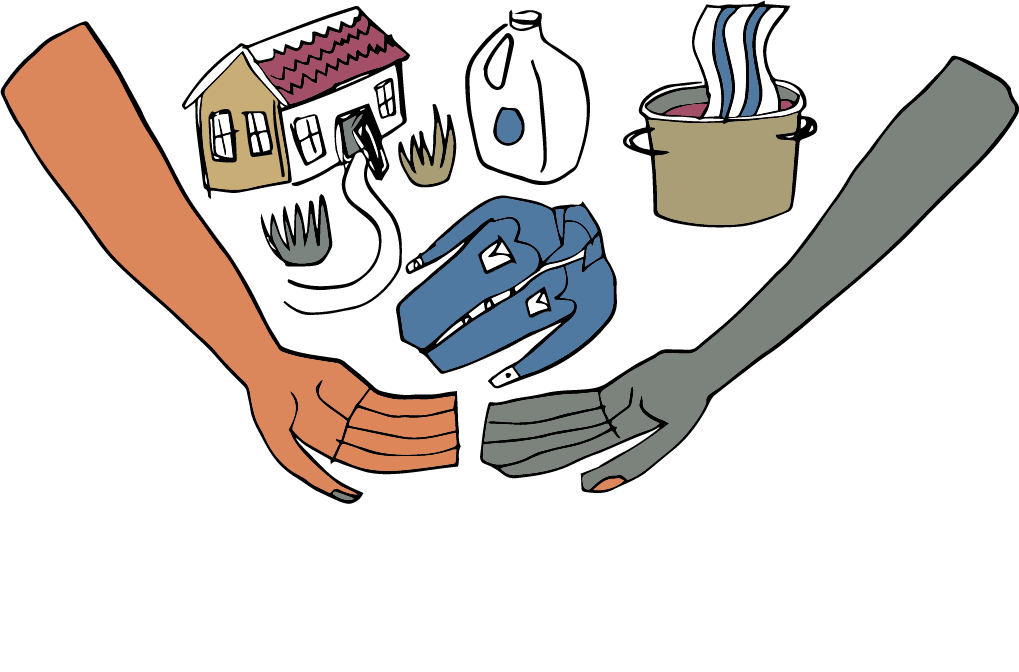Purpose Statement
The concept of hospitality has gained considerable currency in the museum sector. Many artists and justice advocates orient themselves around hospitality as a practice and it has readily become part of the lexicon of social practices and relational aesthetics. Many individuals and groups have sought to compel museums to increasingly bring the ethics of care into the dynamics of the museum with relative success and failure.
Museums must invest many different kinds of material and financial resources to support the emotional and creative labor of their work to ready their museums.
This work requires patience, honesty, intimacy, and understanding to undo the weighty systems of privilege, power, wealth hoarding and white supremacy that trouble the mission of all museums. Inevitably, this work will happen in addition to an already busy and over-stretched workload, and so it is essential that it proceeds with grace and be materially fortified by the institution towards it’s staff, artists and engaged community.
The cohort thought often about how to foster forms of hospitality while it was convening in working retreats and seeking the counsel of communities in places that we were not from. Because of this we chose to visit cites and states where at least one cohort member already held right relationships with communities of practice, and in our engagement with these environments we sought to move fluidly and thoughtfully as both hosts and guests.
RTM cohort member Miki Garcia noted, “I do not like the word ‘radical’ in the term “radical hospitality” because what I am thinking about is not radical, it is totally reasonable to be open, compassionate, and inclusive, and the word ‘radical’ gives the center of power to the established status quo. What I think is most important for a hospitable visit (be it an art opening, museum engagement, group tour, staff meeting, conference or any convening) is for people to be seen as full, dimensional humans. I feel most seen when I am invited to give and offer something of my own self and my own experience, and when I hear about who else is in the room, and when there are methods for us to find common ground for shared ideas. For me, sensuality is important - taste, smell, sight, sound. Rituals and processions are also helpful in putting people together to participate.”
For Readying The Museum and for institutions implementing the RTM methodology, hospitality requires collaboration and a sincere interest in softening the boundaries between what it means to be a host and a what it means to be a guest.

